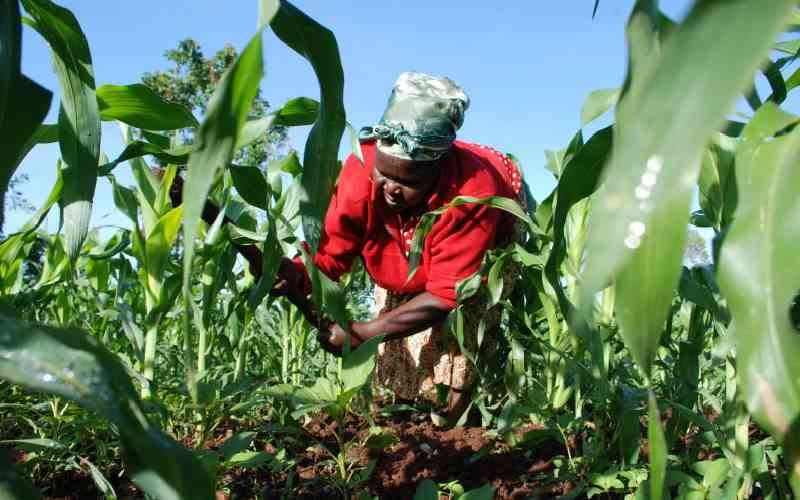×
The Standard e-Paper
Fearless, Trusted News

Farmers are at a crossroads as delayed rains and claims of fake fertilisers and seeds plague the current planting season.
There are fears the turn of events could jeopardise food security and worsen the high cost of living, even as various government entities struggle to find a solution.